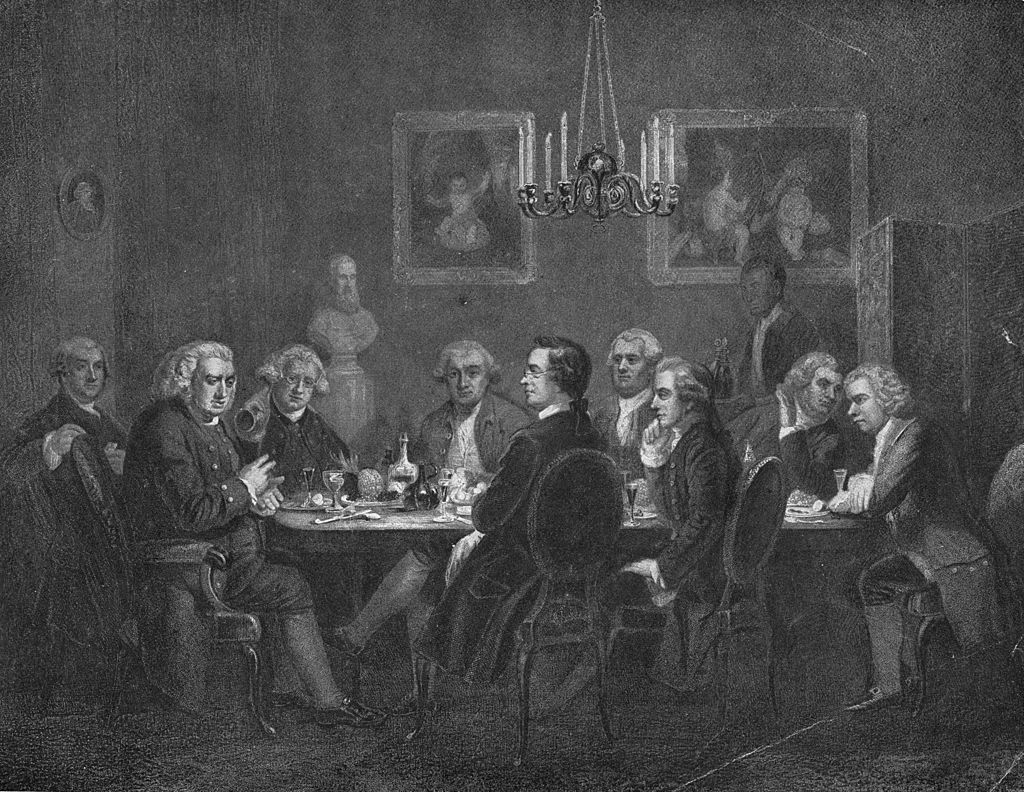The upcoming elections in Europe are often described as a competition between the reactionary forces of a resurgent nationalism and the cosmopolitanism of liberal progressive. Such a description, however, obscures the important role the idea of the nation played in the emergence of European liberalism.
Historically, the idea of the nation state reached its apex during the second half of the nineteenth century, yet already after 1945 it became heavily discredited due to two world wars, genocides and ethnic cleansings of the twentieth century.
In much contemporary debate, nationalism and racism appear to be treated as identical concepts. History, however, begs to differ: Progressive movements between 1815 and the failed “Spring of Nations” that swept through Europe in 1848/49 had considered nationalism the twin sister of liberalism, both victimised by the Reaction of the monarchical European elites.
An eminent contemporary and the founding father of Italian unification, Giuseppe Mazzini, regarded the creation of nation states a conditio sine qua non for a peacefully united and socially just Europe. Nationalism was not aimed against universalism, but viewed as a first step in its direction.
Certainly, the nation state was always more an agreed upon myth than reality – as Eric Hobsbawm points out, during the French Revolution modern French was used by a maximum of 15 per cent of the population, and as late as 1860 only about 2.5 per cent Italians used High Italian as everyday language.
But the idea proved to be immensely powerful and became a replacement for religion as the societal glue in an ever more secularizing Europe.
This emotional attachment to the nation state has been promoted culturally and institutionally by state authorities since the late eighteenth century. Education systems, military service, and the arts served to create a national consciousness.
The project of nation state building was ubiquitous, from liberal societies like Great Britain to autocratic systems like Russia. In other words, the nation built the state as much as the state built the nation.
In many respects, the early nation states were supporting the emancipation of formerly suppressed groups – equal legal status for Jews spread throughout Western Europe between 1791 and 1890, allowing for a deepening participation in the political and legal life of their home countries. Also the status of women gradually improved, with the outlawing of wife beating at the same time.
The key difference between the absolutist monarchical state and the nation state was that the claim to be legitimised by the “nation” increasingly required popular approval, and successively expanded the political rights of the masses to unprecedented dimensions.
Max Weber’s ideal type of a state that treats all citizens equally was significantly easier to realise in a nation state than in other state-forms that existed before.
It constituted a fundamental counter-project to tribally, religiously or dynastically defined medieval societies. This is why it was welcomed by the Left and Right after 1789, since they hoped that it would free mankind from feudal vices such as clerical and monarchic tutelage or a rigidly impermeable social order.
Many also expected that this was just the first step towards a new cosmopolitan world order, resting, as proposed by Immanuel Kant, on free nation states, since neither a supranational empire nor subnational small-statism would satisfy the ideals of enlightened cosmopolitanism.
The question is if an end of the nation state would create a more or less unified world. Far from being perfect, national myths have proven to be powerful forces, and national identities – in contrast to European or global ones – are a reality. If national identities were abolished, will people fill this vacuum with cosmopolitanism or more particularistic and potentially conflicting identities?
All over Europe and increasingly in the United States there is a conflict over collective identities, highlighted by the recent decision of the Bavarian government to place crucifixes in all public offices.
Similarly, the reassertion of Islam in the second and third generation of immigrants is pitching communities all over the continent against each other.
With ongoing immigration from predominantly Muslim countries such identity conflicts will deepen, yet without the integrative power of the nation state the European future will not be the United States of Europe, but the balkanisation of the continent.
One must not support or even agree with the aggressive new nationalism of a Le Pen in France or a Viktor Orban in Hungary, but to deny the historical role of patriotism and nationalism as the fundament of societal solidarity bears its own risks.
The problem is not so much the sentiment of nationalism than a very dangerous brand of illiberal nationalism that is spreading especially in Western and Eastern Europe, but increasingly also in the United States.
The answer to this problem, however, is not anti-nationalism but possibly a form of liberal nationalism that takes the question of solidarity among individuals seriously enough to concede that solidarity needs to be built on a shared emotional fundament.
It is questionable if the alternatives to an enlightened nationalism are desirable. A resurgence of religion or fervent local loyalties as can be seen in Scotland and Catalonia will not only weaken Europe politically, but it will breed emotional hostilities that make it unlikely that people who cannot stand the thought of living together in one country will happily join hands under the umbrella of the European Union.






Europe’s Empires don’t survive: This is something the European Commission still needs to learn